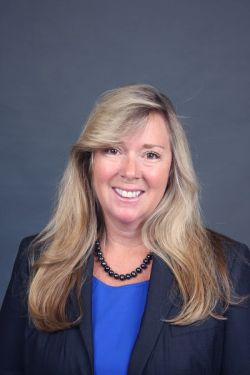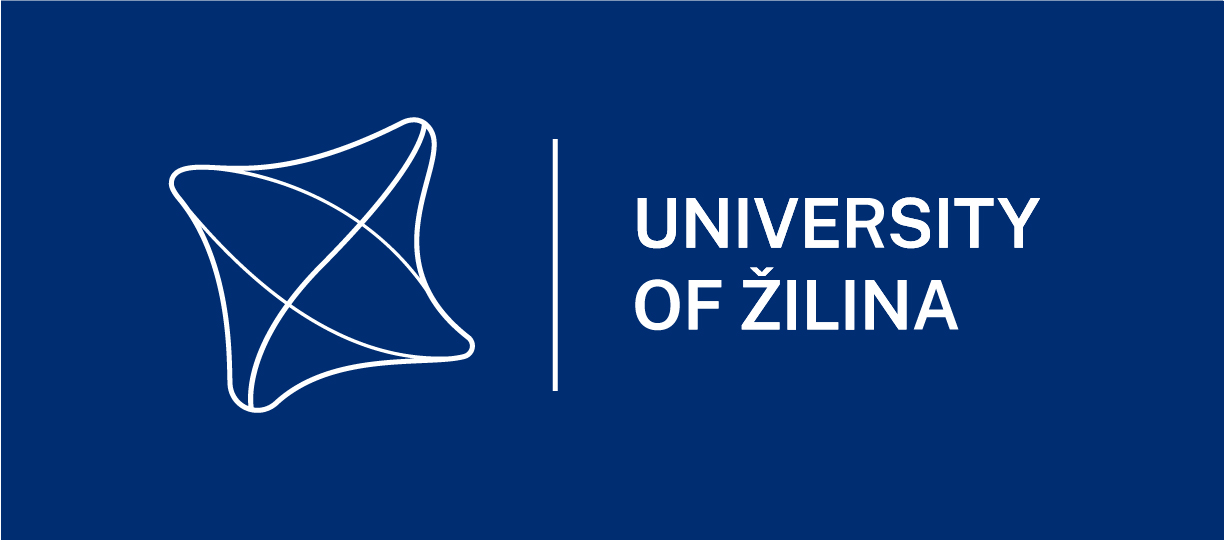Keynotes and Invited Talks
The Role of Numerical Modelling and Simulations for preserving Architectural Heritage
Abstract
The preventive conservation and maintenance of the architectural heritage is a priority for European institutions. Masonry structures populate European historic centres as both secular and sacred monumental buildings. Several researchers focused on implementing advanced computational strategies to preserve masonry buildings' structural integrity. Moreover, today's tools and workflows offer possibilities for assessing vulnerability, simulating scenarios, and reducing vulnerability, opening new perspectives and challenges.
In the last decade, impressive advancements have been made in documenting and preserving our architectural heritage. The possibilities offered by today's tools and workflows for digital representation and information and management open new perspectives and challenges in terms of geometry acquisition, data structuration, numerical modelling and structural health monitoring and data dissemination.
This talk will address numerical modelling strategies for conserving built cultural heritage. The discussion will be enriched with practical examples that underline state-of-the-art numerical approaches' pros and cons.
Curriculum Vitae
Marco Francesco Funari joined as a Lecturer in the Department of Civil and Environmental Engineering at the University of Surrey in July 2022.
He completed his MSc in Architectural Engineering in 2015, and PhD in Structural Engineering in 2019, both from the University of Calabria (Italy), and was a visiting PhD researcher at the University of Dundee (UK). His PhD program focused on developing advanced numerical models to simulate crack propagation and delamination phenomena in layered structures. In parallel, He also pursued his interest in masonry structures by collaborating with several international institutions.
In 2020, Marco worked as a post-doctoral researcher at the University of Minho in the EC project OPHERA and subsequently in the ERC project Stand4Heritage. He was mainly responsible for developing an integrated analytical and numerical approach for the out-of-plane seismic assessment and subsequent intervention design of heritage masonry structures.
Marco's research expertise falls in the framework of structural engineering with an emphasis on numerical and analytical approaches for the structural assessment of existing structures.
Since 2016, He has been a Chartered Engineer providing specialist consultancies as Structural Engineer to several public and private entities.

Department of Civil and Environmental Engineering
University of Surrey
Guildford, United Kingdom
Virtual and Extended Reality Interfaces to Meet the Needs of Global Aviation Education
Abstract
As the global aviation industry is challenged by changing demographics, growing demand and new simulator technologies with far-reaching potential, it becomes increasingly urgent to evaluate extended reality (XR) in aviation education, training and industry operations. While specific aviation tasks require an understanding of several interrelated human and machine components requiring practice and immersion. To meet these challenges, we can harness 3D simulated environments using Extended Reality (XR) interfaces to provide adaptive learning methodologies to meet the learning styles of changing generations and improve effectiveness and efficiency of training and industry operations. Artificial intelligence, 3D learning objectives, holographic computing and telepresence technologies present a new paradigm of XR in aviation, where we have the ability to take the analog world and superimpose digital artifacts in collaborative environments to enhance aviation training.
This approach has several practical advantages to overlay holographic elements onto real-world environments which makes holographic micro-simulations particularly suited to aviation. Through the integration of these technologies, we can allow students to demonstrate proficiency, enhance retention and engagement with 3D learning outcomes while meeting future aviation training and industry operational demands.
Curriculum Vitae
Lori Brown has been affiliated with aviation since 1988 and is passionate about aviation education. She is a fellow of the Royal Aeronautical Society and is a Professor, Researcher and Airline Transport Pilot. She has educated ab-initio cadets for British Airways, KLM, and UAE, as well as pilots for national and international government agencies. Lori is a Professor at Western Michigan University, College of Aviation. She has been recognized worldwide for her work as the former chair for the ICAO Next Generation of Aviation Professionals (NGAP) Outreach program and the International Pilot Training Consortium (IPTC) work-stream with the Royal Aeronautical Society Outreach Program. She is an evaluator for American Council on Education; principal investigator (PI) and Co-I for several funded research projects for The Partnership to Enhance General Aviation Safety, Accessibility and Sustainability (PEGASAS), a Federal Aviation Administration (FAA) Center of Excellence for General Aviation. Her work seeks to enhance aviation safety, education, accessibility, and sustainability by partnering the FAA and a national network of world-class researchers, educators, and industry leaders. Her work has been featured internationally at many international conferences, books, and journal publications. She evaluates military aviation training and occupations for the American Council on Education (ACE). Her dedication and passion for transforming aviation training earned her the WMU Michigan Professor of the Year and the WMU Innovative Teaching Award.
Perceptions of Skill Transference from Dungeons & Dragons to Personal, Social, and Work Life
Abstract
The purpose of this qualitative exploratory single-case study was to explore the perceptions and social interactions of participants in an online role-playing game campaign. Six participants were recruited from social media groups. All participants were over age 18 years and had 3 or fewer years of experience playing the traditional role-playing game (TRPG) Dungeons & Dragons. Methods triangulation including semistructured interviews, journal prompts and entries, and observations were used to gather data from the study participants and game manager. Data analysis resulted in three main themes (skill identification, social interactions, and leadership skills) and nine subthemes (weakness identification, problem identification, problem resolution, teamwork, delegation, conflict resolution, decision-making, emotional response, and empathy) demonstrating new learning capacities that were transferred socially to various life interactions.
Curriculum Vitae
Dr. Mackey after obtaining her MABC at Jones International University (2012) and her PhD at the University of Arizona Global Campus (UAGC)Industrial/Organizational Psychology (Training & eLearning) in 2022, has spent the last ten years researching and developing corporate and executive-level training which employs games such as Dungeons & Dragons™, Settlers of Catan, Pandemic!, and more.







